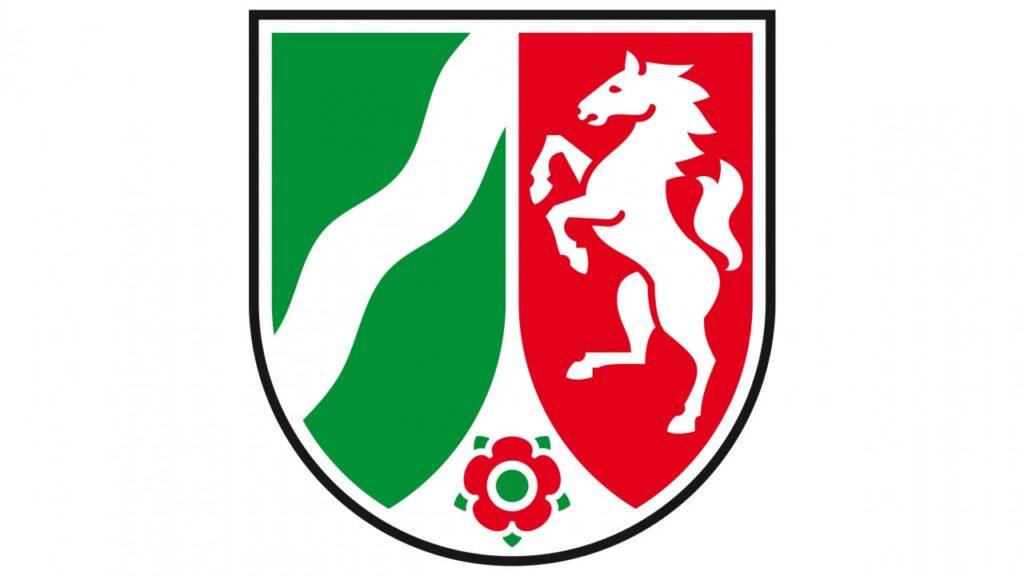

The Jokey company, based in Wipperfürth, has been producing injected plastic packaging, such as paint buckets and yogurt cups, since 1968. It relies exclusively on polypropylene, i.e. monomaterial and no material mixtures, because this has advantages in recycling. The company is continuously increasing the proportion of recyclate and is also increasingly devoting itself to the topic of circular economy.
Plastics are an integral part of our everyday lives. But they are also a problem because they are based on petroleum. And they pollute the environment if they are not disposed of properly, or better yet: recycled. Recycling, in turn, is an enormous challenge, as there are a lot of composite plastics in use today that, after use and disposal by the end user, can only be separated and reused with enormous effort. Jokey has therefore been taking a different approach since the company was founded: the family business in the Bergisches Land produces injection-molded plastic packaging. The variety of products is enormous, ranging from 1 kilo yoghurt pots - the best-selling Jokey product - to large buckets for paint, food or animal feed. But the starting material is almost always the same: polypropylene (PP). “The founder was extremely forward-looking,” says Christof Kölschbach, managing director and one of four managing directors of the medium-sized company. Jokey grew continuously and today produces over three billion containers per year in a total of 15 plants. From September 2023, Jokey will also have its own factory in England. Around 160,000 tons of PP are used annually to manufacture the products. The company wants to continuously reduce this amount and has been relying on recycling for many years in order to sustainably reduce the amount of disposable material used. Jokey produced the first bucket made from 100 percent recycled material back in 1990. An important interim goal: by 2025, 30 percent of the starting product should be recycled, i.e. recycled PP. That would be around 50,000 tons. “Waste is a valuable raw material for us ,” emphasizes Kölschbach.
“We therefore do a lot of education for retailers, crafts and restaurants, but also for private individuals.”
However, in order to reach the finish line, the route doesn't just lead via the yellow bag. “It simply doesn’t produce enough recyclable PP,” regrets Kölschbach. That's why the company is in the process of setting up its own cycles. One example is the collaboration with a Cologne waste disposal company. used Jokey plastic buckets from retailers, crafts and restaurants with its nationwide network of certified waste disposal companies These are then sorted, processed and mechanically recycled into a secondary raw material, the recyclate. Jokey produces new packaging from the secondary raw materials obtained, which is returned to the cycle. “This saves enormous resources and significantly reduces CO 2 input,” explains Kölschbach. Another example: Many used plastic buckets also come together in canteens. Here Jokey works with a company in southern Germany that collects the buckets, processes them and processes them into reusable plastic granules. One of many challenges on the way to a more circular economy: the appropriate understanding on the part of all actors, including end customers. “We therefore do a lot of education for retailers, crafts and restaurants, but also for private individuals,” reports Kölschbach. With a roadshow mobile, Jokey is present at schools, directly with customers or even in front of hardware stores to raise people's awareness of the fact that buckets are not waste, but rather valuable raw materials.
As a family business, Jokey is as rooted in its founding and headquarters in Wipperfürth in North Rhine-Westphalia as it is now present in twelve countries with 2,300 employees and 15 plants. The founding Kemmerich family – now third-generation owners – comes from Wipperfürth and started production in a small town nearby in 1968. From there the company grew to its current size. “That's why we still have a lot in common with the region here and also with the city of Wipperfürth, as well as with the Bergisches Land,” emphasizes Christof Kölschbach. “Through locations in Fähnrichstüttem and Gummersbach, this connection has been further strengthened and we are well connected.” Jokey also benefits in personnel recruitment. The company is already working with local schools and vocational colleges as well as the Gummersbach campus of the Cologne University of Technology and is working with local and regional initiatives. The company also cooperates with the Institute for Plastics Processing at RWTH Aachen University. “ We benefit greatly from the excellent university and research landscape in our home state of North Rhine-Westphalia,” praises Kölschbach.

The publication series “Transformation through Innovation” is intended to illustrate how companies in North Rhine-Westphalia have been able to write successful innovation stories thanks to the framework conditions created by the state of North Rhine-Westphalia.
Are you interested in being featured in a future edition?
Then contact us with your request at: